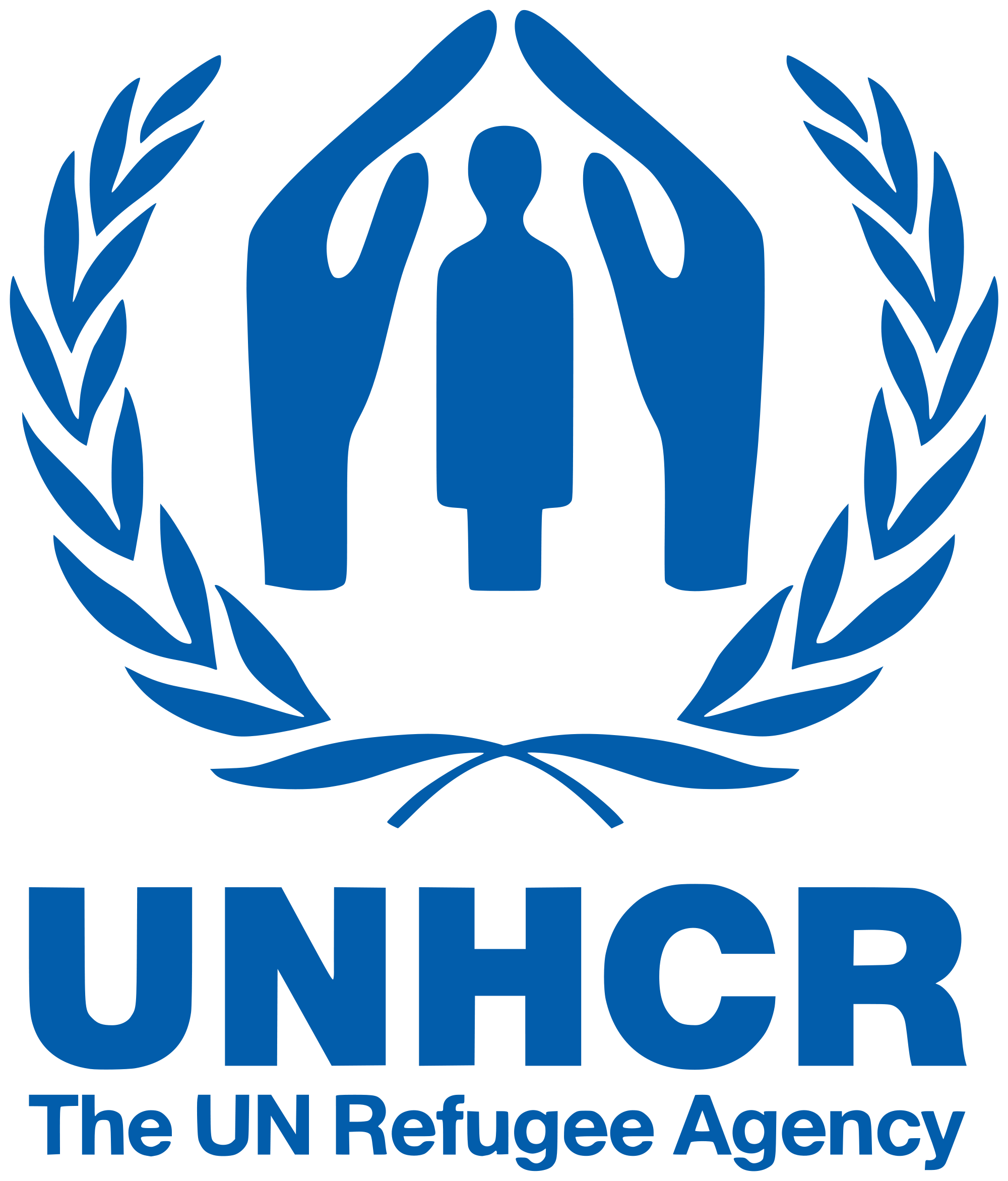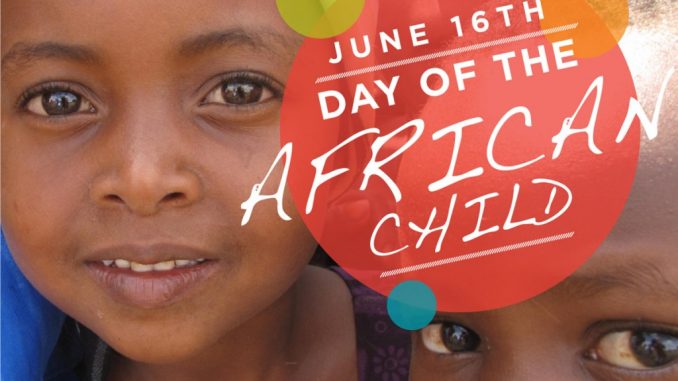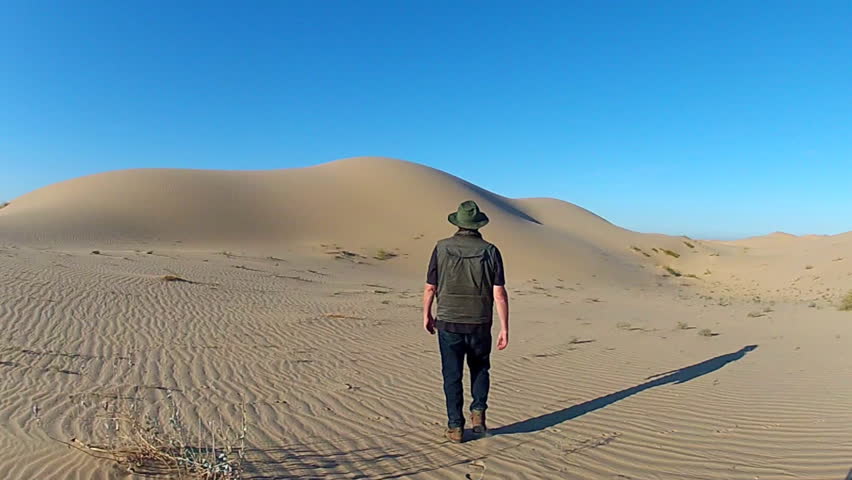 Torture seeks to annihilate the victim’s personality and denies the inherent dignity of the human being. Despite the absolute prohibition of torture under international law, torture persist in all regions of the world. Concerns about protecting national security and borders are increasingly used to allow torture and other forms of cruel, degrading and inhuman treatment. Its pervasive consequences often go beyond the isolated act on an individual; and can be transmitted through generations and lead to cycles of violence.
Torture seeks to annihilate the victim’s personality and denies the inherent dignity of the human being. Despite the absolute prohibition of torture under international law, torture persist in all regions of the world. Concerns about protecting national security and borders are increasingly used to allow torture and other forms of cruel, degrading and inhuman treatment. Its pervasive consequences often go beyond the isolated act on an individual; and can be transmitted through generations and lead to cycles of violence.
The United Nations has condemned torture from the outset as one of the vilest acts perpetrated by human beings on their fellow human beings.
Torture is a crime under international law. According to all relevant instruments, it is absolutely prohibited and cannot be justified under any circumstances. This prohibition forms part of customary international law, which means that it is binding on every member of the international community, regardless of whether a State has ratified international treaties in which torture is expressly prohibited. The systematic or widespread practice of torture constitutes a crime against humanity.
On 12 December 1997, by resolution 52/149, the UN General Assembly proclaimed 26 June the United Nations International Day in Support of Victims of Torture, with a view to the total eradication of torture and the effective functioning of the Convention against Torture and Other Cruel, Inhuman or Degrading Treatment or Punishment.
26 June is an opportunity to call on all stakeholders including UN Member States, civil society and individuals everywhere to unite in support of the hundreds of thousands of people around the world who have been victims of torture and those who are still tortured today.
Recovering from torture requires prompt and specialized programmes. The work of rehabilitation centres and organisations around the world has demonstrated that victims can make the transition from horror to healing.
Source: Text: UN Image: spots.thinkglobalschool.com

 The United Nations’ (UN) International Day Against Drug Abuse and Illicit Trafficking falls on June 26 each year to raise awareness of the major problem that illicit drugs represent to society. This day is supported by individuals, communities and various organizations all over the world.
The United Nations’ (UN) International Day Against Drug Abuse and Illicit Trafficking falls on June 26 each year to raise awareness of the major problem that illicit drugs represent to society. This day is supported by individuals, communities and various organizations all over the world. The history of the Olympic movement is rooted in the deep past (776BC). The first (modern) Olympic games were recorded in 1896. At the time they were so important event that warring States ceased their conflicts in order to commemorate this event.
The history of the Olympic movement is rooted in the deep past (776BC). The first (modern) Olympic games were recorded in 1896. At the time they were so important event that warring States ceased their conflicts in order to commemorate this event. « To speak or not to speak: that is the question”, some would say…
« To speak or not to speak: that is the question”, some would say…
 from the spinal cord and motor nuclei of brain to a particular muscle or muscles.
from the spinal cord and motor nuclei of brain to a particular muscle or muscles. The United Nations’ (UN) World Refugee Day is observed on June 20 each year. This event honors the courage, strength and determination of women, men and children who are forced to flee their homeland under threat of persecution, conflict and violence.
The United Nations’ (UN) World Refugee Day is observed on June 20 each year. This event honors the courage, strength and determination of women, men and children who are forced to flee their homeland under threat of persecution, conflict and violence. « Endemic sexual violence including rape, abduction, human trafficking, sexual slavery and forced marriage contributes to the disproportionate suffering of women and girls in conflict. » — UN Secretary-General, António Guterres
« Endemic sexual violence including rape, abduction, human trafficking, sexual slavery and forced marriage contributes to the disproportionate suffering of women and girls in conflict. » — UN Secretary-General, António Guterres
 The Day of the African Child has been celebrated on June 16 every year since 1991, when it was first initiated by the OAU
The Day of the African Child has been celebrated on June 16 every year since 1991, when it was first initiated by the OAU 
